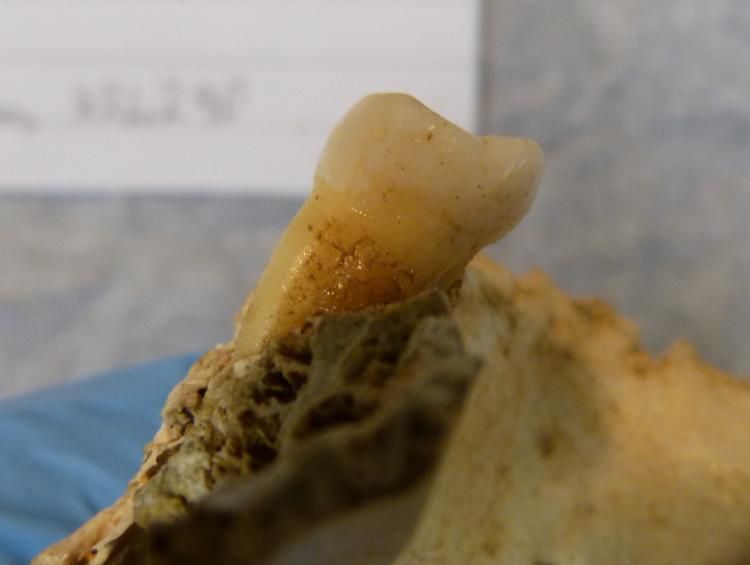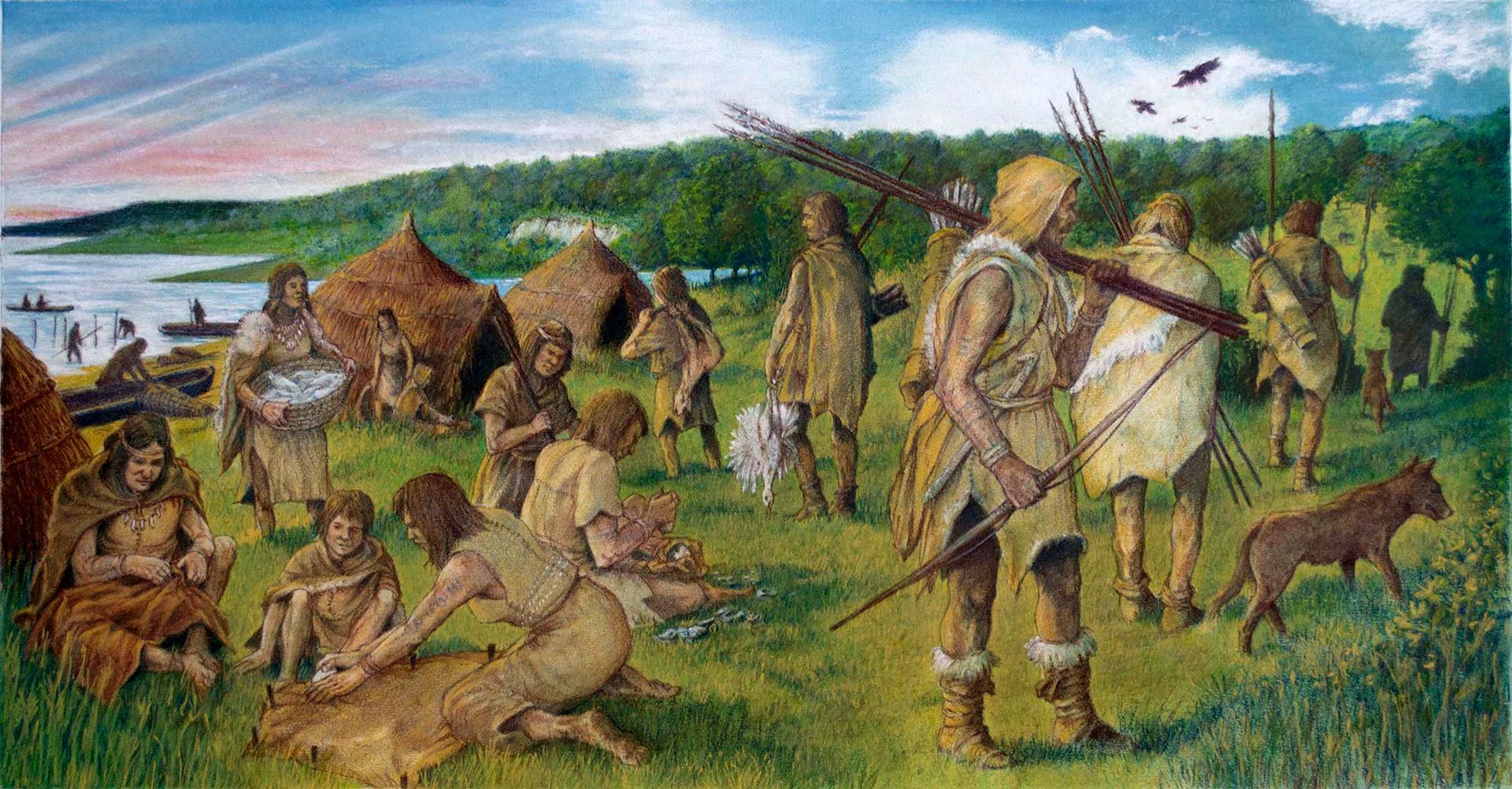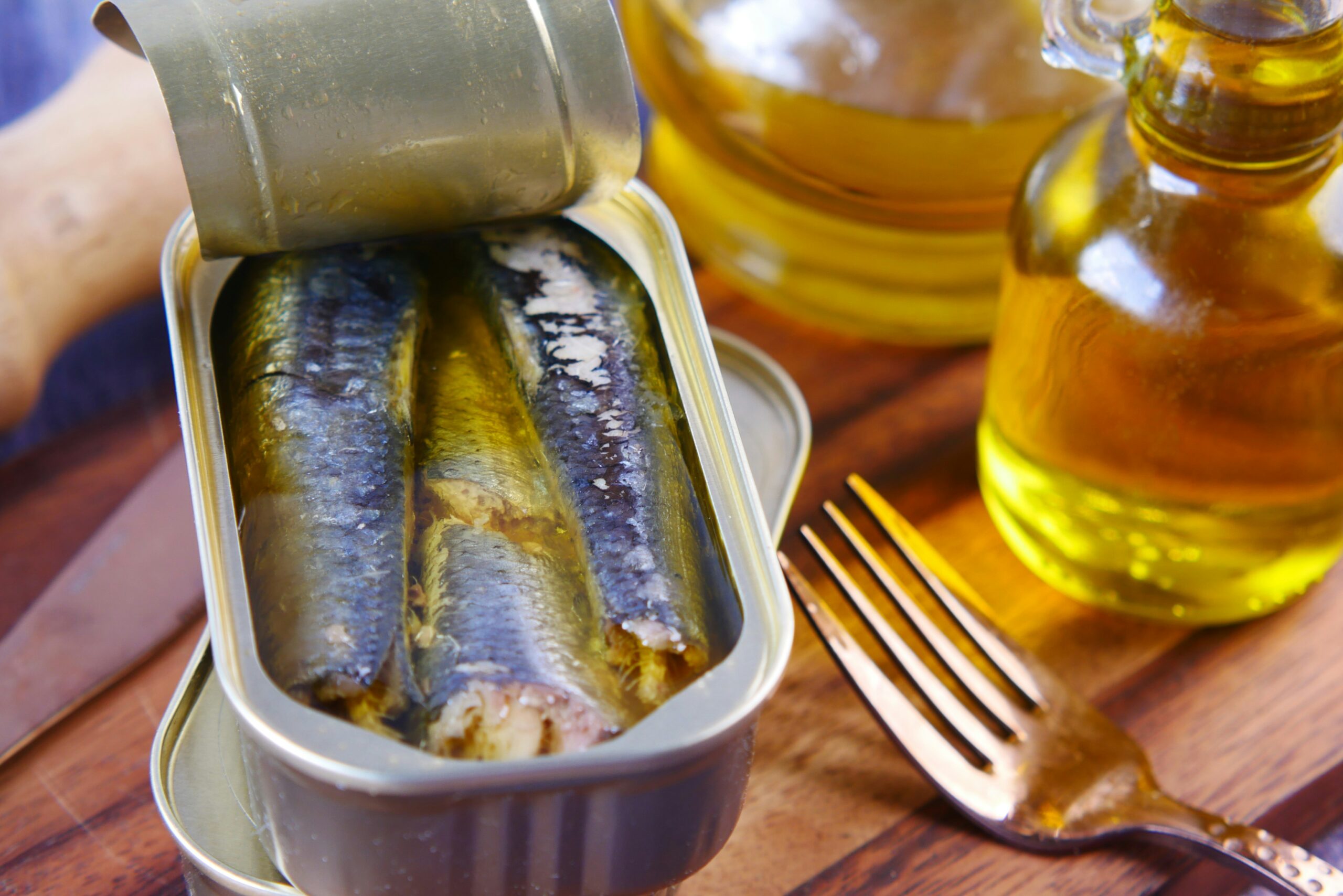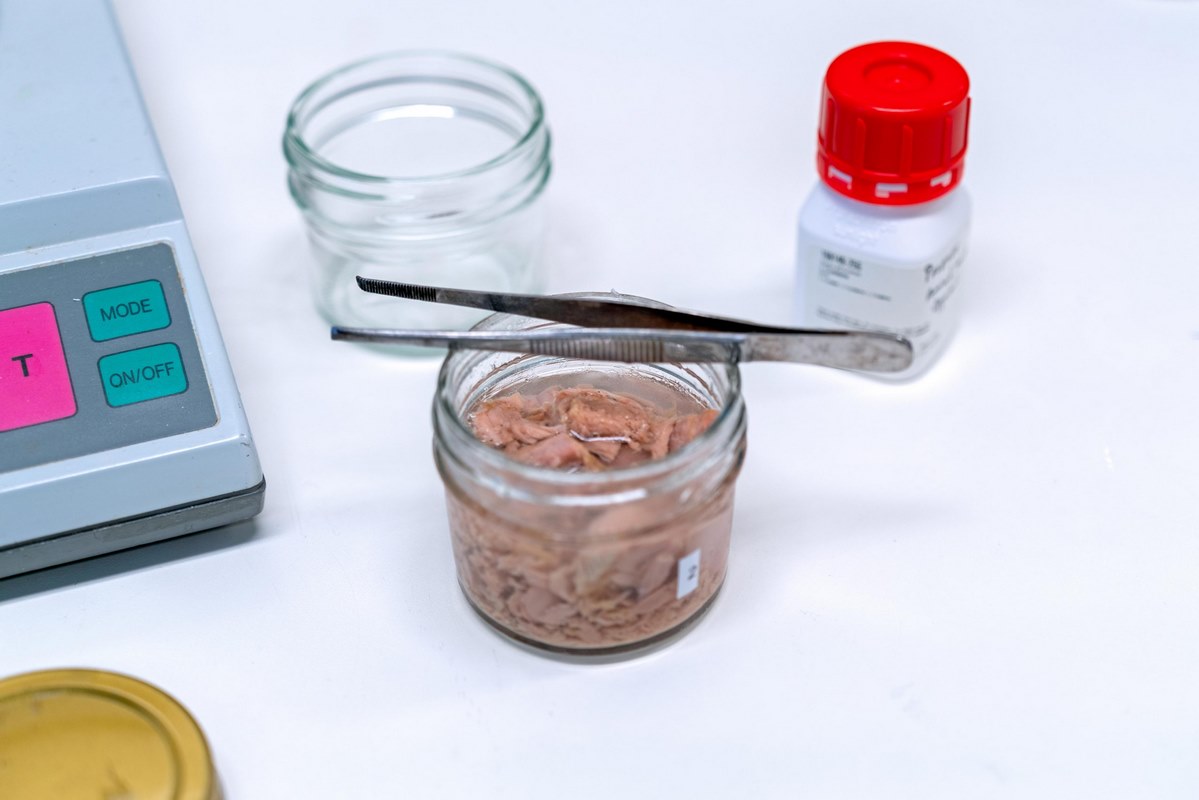It’s never been a better time to add fiber into your diet. Whether you follow a vegetable-light diet like a ketogenic or even carnivore eating pattern, or you’re aiming for something more mainstream like a Mediterranean Diet, the need for fiber has never been greater because it appears industrialized humans are rapidly losing species diversity in their gut and oral microbiomes.
A recently published study from Israel shows that microbes which break down cellulose, the most commonly consumed form of insoluble fiber are becoming rarer and less diverse in humans.
Another study from Trinity College Dublin that examined the DNA contained on 4,000-year-old Neolithic teeth shows that even among bacteria that cause tooth decay, strain diversity has rapidly narrowed since the advent of industrial agriculture.
Our eating habits in industrialized societies are far removed from those of ancient humans. This is impacting our intestinal flora, it seems, as newly discovered cellulose-degrading bacteria are being lost from the human gut microbiome, especially in industrial societies, according to a new report published in Science late last week by Professor Itzhak Mizrahi at Ben-Gurion University (BGU) of the Negev in Israel and his team.
“Throughout human evolution, fiber has always been a mainstay of the human diet,” explains lead investigator Sarah Moraïs from BGU. “It is also a main component in the diet of our primate ancestors”.
Fiber has two critical functions in the diet. The first is it feeds gut microbiome which—with not one word of hyperbole—may be one of the most important organs in the human body. The gut microbiome is not just concordant with, but largely responsible for, robust natural immune regulation, proper metabolism, pathogenic defense, attunement to day-night cycles, and even hormone signaling since large quantities of hormones like serotonin are actually produced in the gut.
The second is that human metabolism relies in part on consuming the waste material of these microbes that feed on fiber. These compounds are called short-chain fatty acids, and include butyrate and beta-hydroxybutyrate among others, which repair the lining of the stomach and colon, prevent cancer, and may even prevent brain aging.
A formidable feat
So eating fiber to feed your gut microbes is incredibly important for proper homeostasis, and Moraïs and her team identified important new members of the human gut microbiome, cellulose-degrading bacteria named Ruminococcus. These bacteria degrade cellulose by producing large and highly specialized extracellular protein complexes called cellulosomes.
Cellulosomes are engineered by bacteria to attach to cellulose fibers and peel them apart, like the individual threads in a piece of rope. The cellulosomal enzymes then break down the individual threads of fiber into shorter chains, which become soluble. They can be digested, not only by Ruminococcus, but also by many other members of the gut microbiome.
The bottom line is that cellulosomes turn fiber into sugars that feed an entire community, a formidable engineering feat.
The production of cellulosomes puts Ruminococcus at the top of the fiber-degradation cascade that feeds a healthy gut microbiome. But the evolutionary history of Ruminococcus is complicated, and Western culture is taking its toll on our microbiome, as the new study shows.
“These cellulosome-producing bacteria have been around for a long time, their ancestors are important members of the rumen microbiome in cows and sheep,” explains Mizrahi. The rumen is the special stomach organ of cows, sheep, and deer, where the grass they eat (fiber) is converted into useful food by cellulose-degrading microbes, including Ruminococcus.
“We were surprised to see that the cellulosome-producing bacteria of humans seem to have switched hosts during evolution, because the strains from humans are more closely related to the strains from livestock than to the strains from our own primate ancestors,” he said.
That is, it looks like humans have acquired important components of a healthy gut microbiome from livestock that they domesticated early in human evolution, which Mizrahi says is a real possibility. Hundreds of years ago, and perhaps still today, desert nomads could survive in an emergency if they ran out of water by killing their camels and drinking the rumen water from their stomachs—a potential explanation for this species jump.
However, the story does not end there. Sampling of human cohorts revealed that Ruminococcus strains are robust components of the human gut microbiome among human hunter-gatherer societies and among rural human societies, but that they are sparse or missing in human samples from industrialized societies. The authors conclude that this shift away from a fiber-rich diet is an explanation for the loss of important cellulose-degrading microbes in our microbiome.

Loss of allies, loss of enemies
Researchers from Trinity College Dublin recovered remarkably preserved microbiomes from two teeth dating back 4,000 years, found in an Irish limestone cave. Genetic analyses of these microbiomes reveal major changes in the oral microenvironment from the Bronze Age to today that show, like Professor Mizrahi’s paper, humanity is losing the species diversity of the microbes present while our bodies evolved; even among ones that are detrimental to our health and longevity.
The teeth both belonged to the same male individual and also provided a snapshot of his oral health. The authors identified several bacteria linked to gum disease and provided the first high-quality ancient genome of Streptococcus mutans, the major culprit behind tooth decay.
The researchers also found that other streptococcal species were virtually absent from the tooth. This indicates the natural balance of the oral biofilm had been upset—mutans had outcompeted the other streptococci leading to the pre-disease state.
The team also found evidence to support the disappearing microbiome hypothesis in that the two Bronze Age teeth produced highly divergent, or separate, strains of Tannerella forsythia, a bacteria implicated in gum disease.
“These strains from a single ancient mouth were more genetically different from one another than any pair of modern strains in our dataset, despite the modern samples deriving from Europe, Japan, and the USA,” explained Iseult Jackson, a Ph.D. candidate at Trinity, and first author of the study. “This represents a major loss in diversity and one that we need to understand better”.
Very few full genomes from oral bacteria from before the Medieval period have been recovered. By characterizing prehistoric diversity, the authors were able to reveal dramatic changes in the oral microenvironment that have happened since.
“Over the last 750 years, a single lineage of T. forsythia has become dominant worldwide,” explains study senior author Dr. Lara Cassidy, an assistant professor in Trinity’s School of Genetics and Microbiology. “This is the tell-tale sign of natural selection, where one strain rises rapidly in frequency due to some genetic advantage it holds over the others. T. forsythia strains from the Industrial Revolution and onwards contain many new genes that help the bacteria colonize the mouth and cause disease”.
“S. mutans has also undergone recent lineage expansions and changes in gene content related to pathogenicity. These coincide with humanity’s mass consumption of sugar,” she added.
The best way to support diversity is with diversity, which is to say that as many different kinds of fruits and vegetables as one can eat will help support the broadest range of microbes in their gut. WaL
PICTURED ABOVE: An artist’s illustration of hunter-gatherers. PC: Our Common Future.



